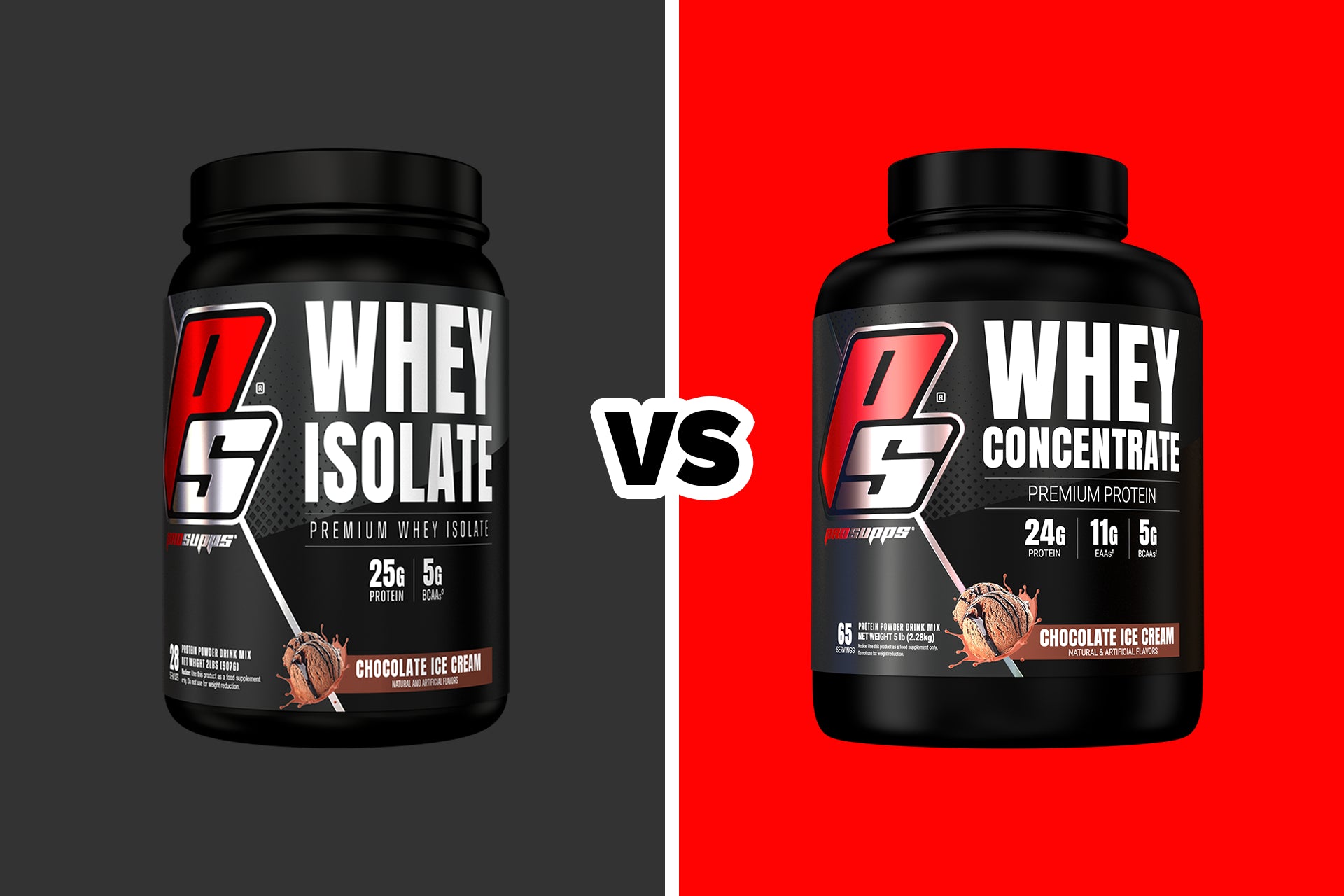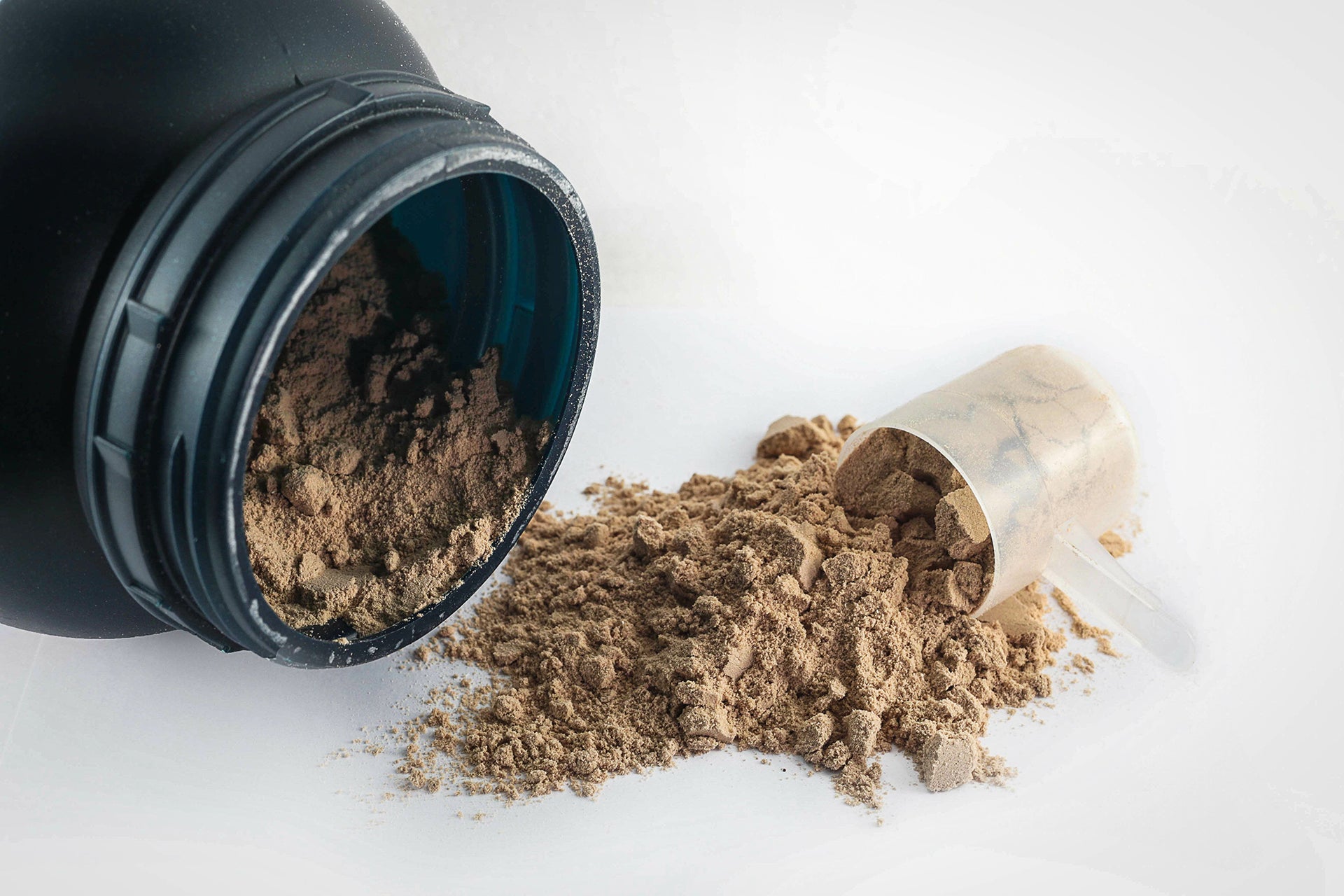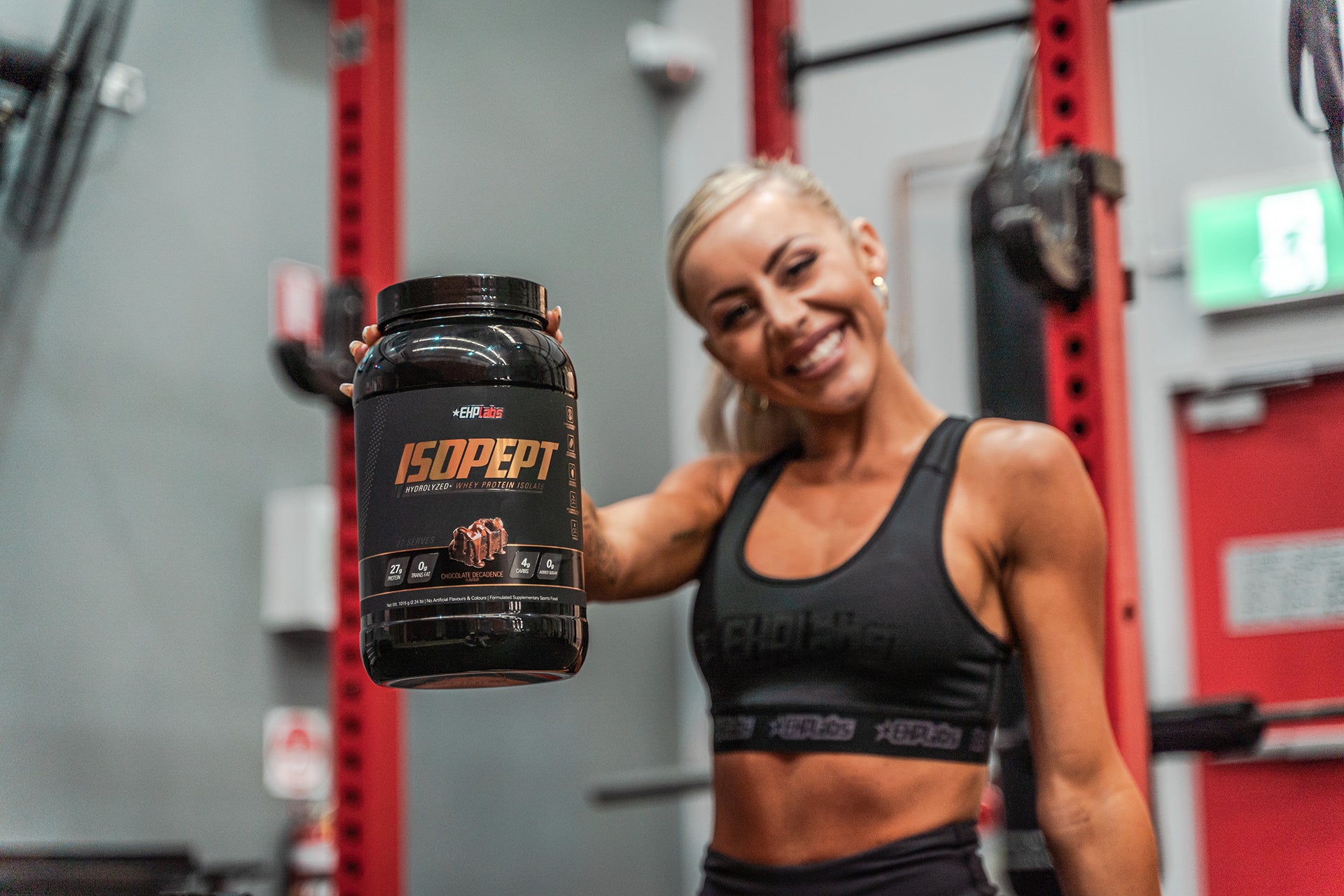In the realm of fitness and nutrition, whey protein reigns supreme as a staple supplement for muscle growth and recovery. Whether you're a seasoned gym-goer or just starting your fitness journey, understanding the differences between whey protein isolate and concentrate is crucial in making the best choice for your needs. So, let's dive in and explore which form of whey protein deserves the top spot in 2024.

Understanding Whey Protein Isolate and Concentrate
Before we delve into the debate of whey protein isolate versus concentrate, let's take a moment to understand what each one offers.
Whey Protein Isolate (WPI):
Whey protein isolate undergoes further processing compared to concentrate, resulting in a higher protein content per serving and lower levels of carbohydrates, lactose, and fat. This makes it an ideal choice for those who are lactose intolerant or following a low-carb diet.
Whey Protein Concentrate (WPC):
Whey protein concentrate is less processed and contains a slightly lower protein content compared to isolate. However, it retains more of the beneficial nutrients found naturally in whey, including immunoglobulins and lactoferrin, which may offer additional health benefits.
Nutritional Differences: Isolate vs. Concentrate
One of the primary considerations when choosing between whey protein isolate and concentrate is their nutritional profiles.
Protein Content:
- Whey Protein Isolate: Typically contains 90% or more protein by weight, providing a high-quality source of protein for muscle growth and repair.
- Whey Protein Concentrate: Usually contains around 70-80% protein by weight, making it a slightly less concentrated source of protein compared to isolate.
Carbohydrates and Lactose:
- Whey Protein Isolate: Virtually free of carbohydrates and lactose, making it suitable for those with lactose intolerance or on low-carb diets.
- Whey Protein Concentrate: Contains some carbohydrates and lactose, though the levels may vary depending on the processing method. This may be a consideration for those monitoring their carbohydrate intake or with lactose sensitivity.
Fat Content:
- Whey Protein Isolate: Contains minimal amounts of fat, making it a lean option for those watching their fat intake.
- Whey Protein Concentrate: Contains slightly more fat compared to isolate, but still relatively low in fat overall.

Is Whey Protein Isolate or Concentrate Better?
The age-old question: which form of whey protein is superior? The answer depends on your individual goals, dietary preferences, and any specific dietary restrictions you may have.
Performance and Muscle Building:
Both whey protein isolate and concentrate are effective in supporting muscle growth and recovery. Whey protein isolate, with its higher protein content per serving, may provide a slight advantage in stimulating muscle protein synthesis. However, both forms of whey protein can be equally beneficial when incorporated into a well-rounded diet and exercise regimen.
Suitability for Beginners:
For beginners just starting their fitness journey, either whey protein isolate or concentrate can be a valuable addition to their routine. Whey protein isolate may be preferred for those with lactose intolerance or those following a strict low-carb diet, while whey protein concentrate may appeal to those looking for a more cost-effective option without sacrificing quality.
Should I Take Whey Isolate or Concentrate as a Beginner?
As a beginner, choosing between whey protein isolate and concentrate can seem daunting. The good news is that both forms of whey protein can support your fitness goals effectively. Ultimately, the decision comes down to personal preference, dietary restrictions, and budget considerations.

Is Whey Isolate Worth the Extra Cost?
One common concern among consumers is whether whey protein isolate is worth the higher price tag compared to concentrate. While whey protein isolate does tend to be more expensive due to its additional processing steps and higher protein content, many people find the benefits, such as lower lactose and carbohydrate content, to be worth the investment.
Other Considerations: Taste, Digestibility, and Allergies
When choosing between whey protein isolate and concentrate, factors such as taste, digestibility, and allergies should also be taken into account. Some people find that whey protein isolate has a milder taste and is easier to digest compared to concentrate. Additionally, individuals with dairy allergies or sensitivities may opt for a plant-based protein powder instead.
Conclusion: Making the Best Choice for Your Fitness Journey
In conclusion, both whey protein isolate and concentrate have their own set of benefits and considerations. Whether you choose whey protein isolate or concentrate ultimately depends on your individual needs, preferences, and goals. Whichever option you go for, incorporating whey protein into your diet can be a valuable tool in achieving your fitness aspirations in 2024 and beyond.




Leave a comment (all fields required)